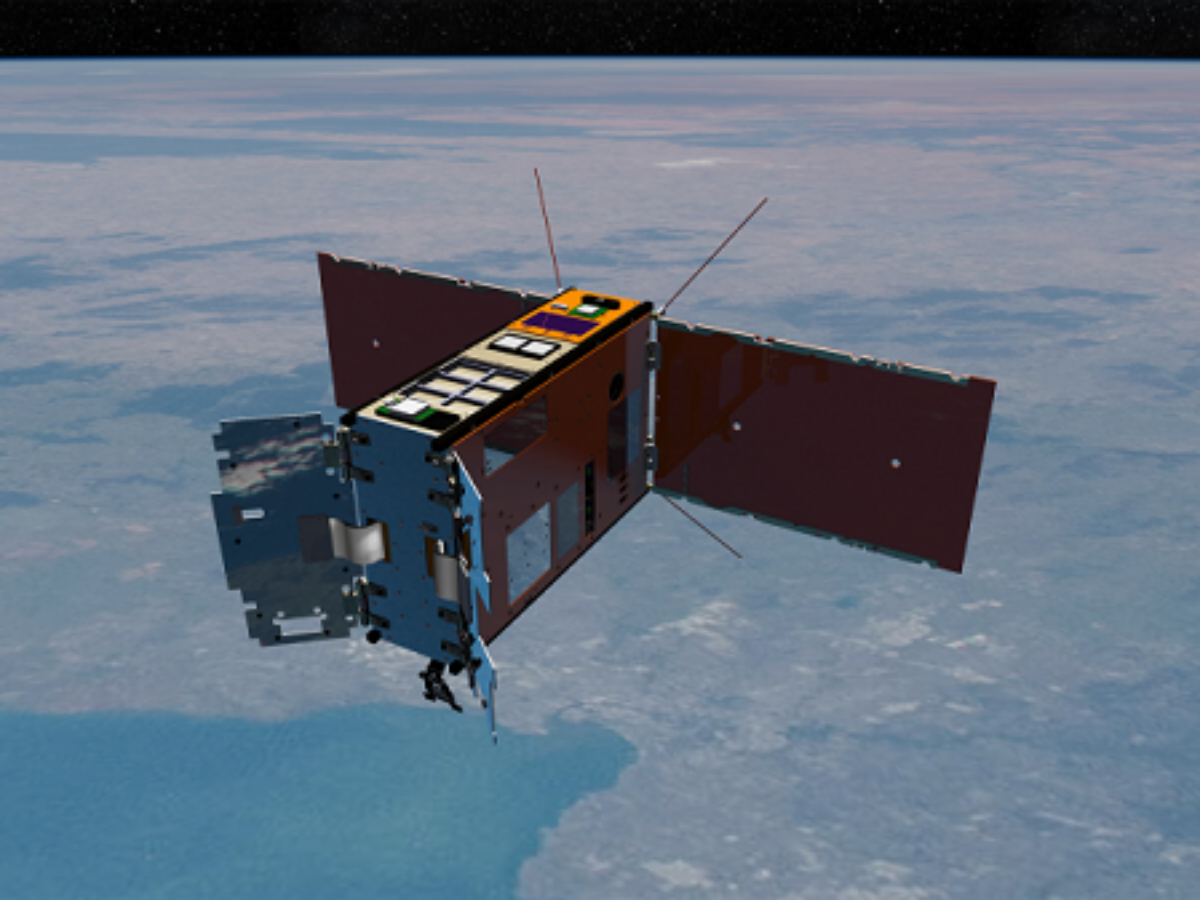Melbourne University spacecraft set for 2023 launch

The University of Melbourne's SpIRIT spacecraft has been booked with launch service provider ISISPACE to blast off on the Falcon 9 Transporter 8 rocket in April 2023.
The spacecraft will operate in orbit for two years demonstrating the long-term performance of Australian-made space technology.
Designed and built by a consortium led by the Melbourne Space Laboratory at the University of Melbourne, with participation from Australian industry partners and the Italian Space Agency, the Space Industry Responsive Intelligent Thermal (SpIRIT in short) is a small shoebox-sized nanosatellite.
Just 30cm across at launch, SpIRIT in orbit it will deploy solar panels and thermal radiators stretching to nearly a meter long.
It will run a suite of powerful scientific instruments, cameras, guidance systems, communication antennae, on-board computers with artificial intelligence capabilities, and even its own electric propulsion thruster.
Space companies Sitael Australia, Inovor Technologies and Neumann Space are contributing to SpIRIT's innovative design and fabrication, with Nova Systems providing ground station support from the Nova Space Precinct.
The main scientific instrument of the mission, contributed by the Italian Space Agency, is an advanced X-ray detector to discover gamma rays, some of the Universe’s most powerful explosions.
Once in orbit, SpIRIT will commence its mission to demonstrate multiple made-in-Australia technological innovations, including the first flight of Inovor Technologies’ Apogee satellite platform and of the Neumann Space thruster.
Principal investigator Professor Michele Trenti from the School of Physics said the signing of the launch contract was a critical milestone, which reflects the strong progress towards readiness for flight.
Professor Trenti said: “The team has got to this point less than two years since selection of the mission for funding.
“This demonstrates how a nanosatellite project can successfully combine best practices in project management and systems engineering, traditionally the preserve of larger missions, with the innate agility of a nanosatellite project.
“It is truly a miniaturised spaceship.”
At only 11.5 kg, SpIRIT is too small to fly on a rocket on its own, so the team booked a rideshare service through ISISPACE, one of the world's most experienced launch service providers.
ISISPACE will package SpIRIT in a canister and integrate it into a system hosting dozens of other small satellites, and then deliver the package to the US-based launch pad for a short ride to low Earth orbit – about 550 km above the surface.
The Australian Space Agency has provided $4 million into the space science mission through its International Space Investment Initiative.
Picture: University of Melbourne
Subscribe to our free @AuManufacturing newsletter here.
Topics Manufacturing News
@aumanufacturing Sections
Analysis and Commentary Awards casino reviews Defence Gambling Manufacturing News Online Casino Podcast Technology Videos

